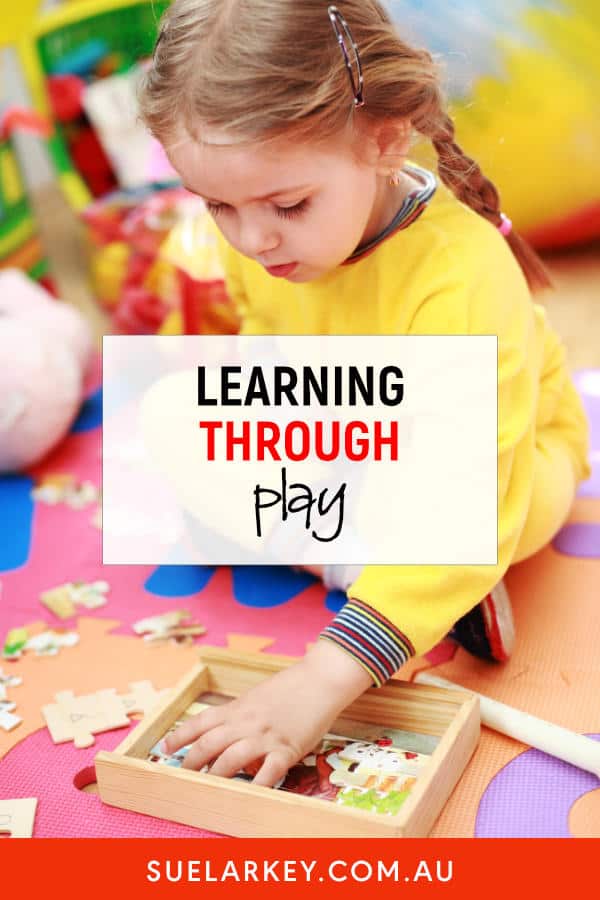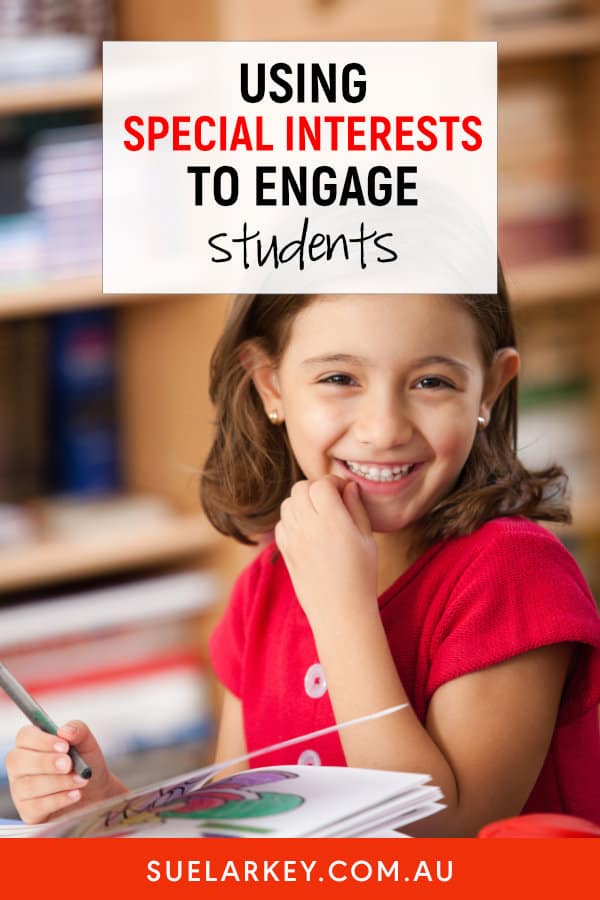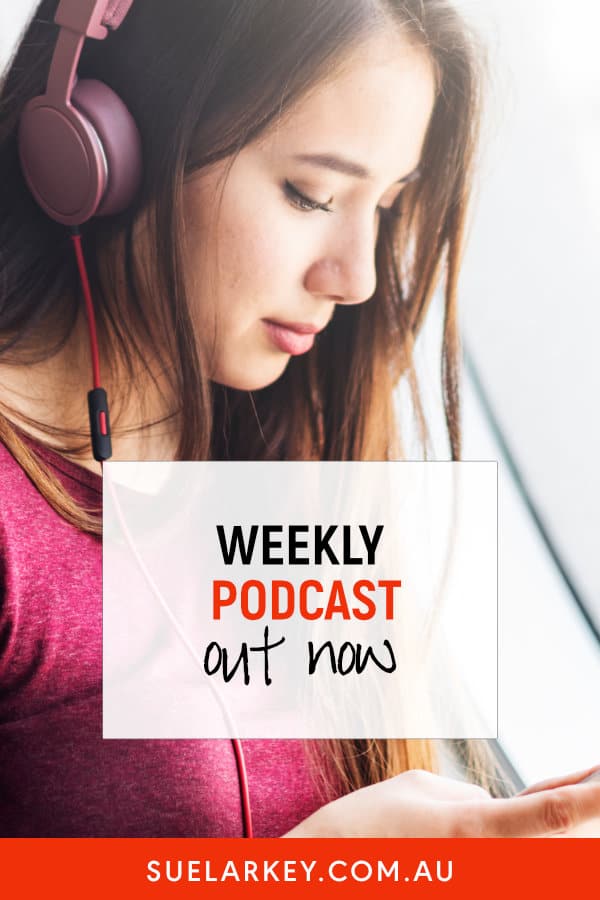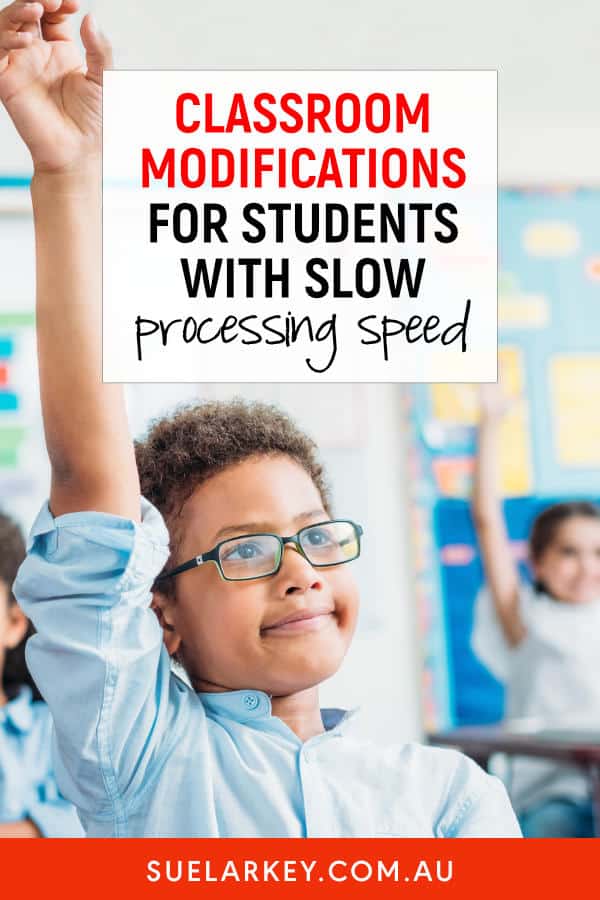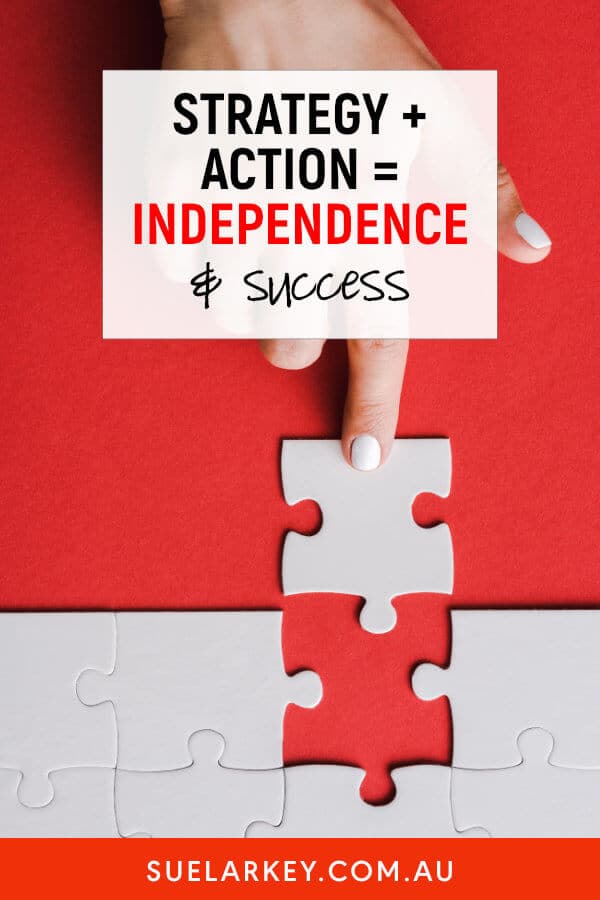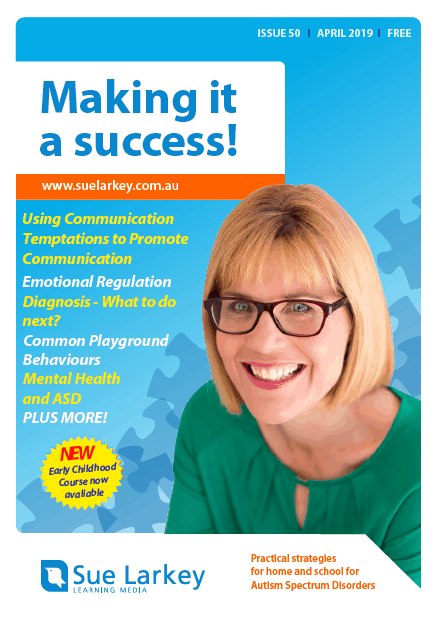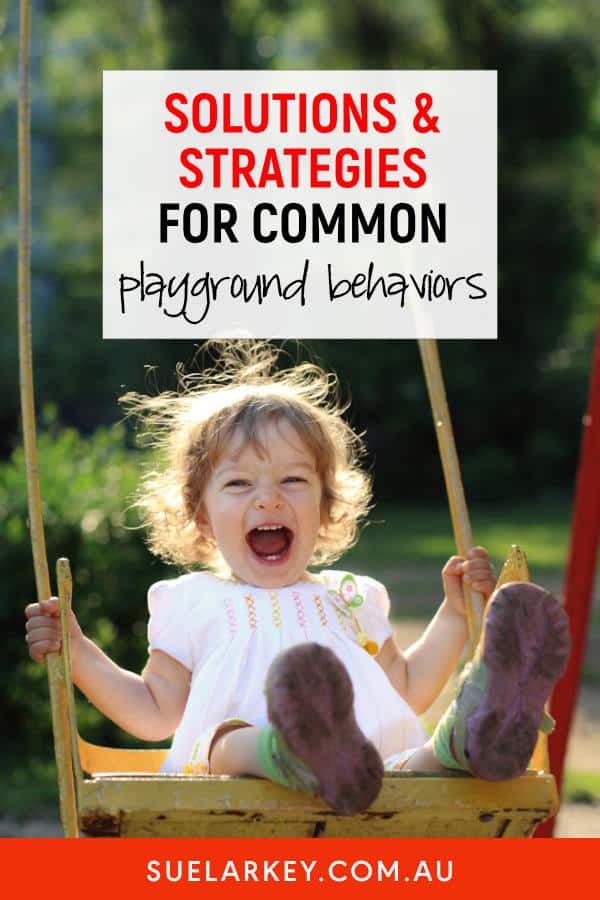Sue Larkey Blog
Helping you “Make a Difference”

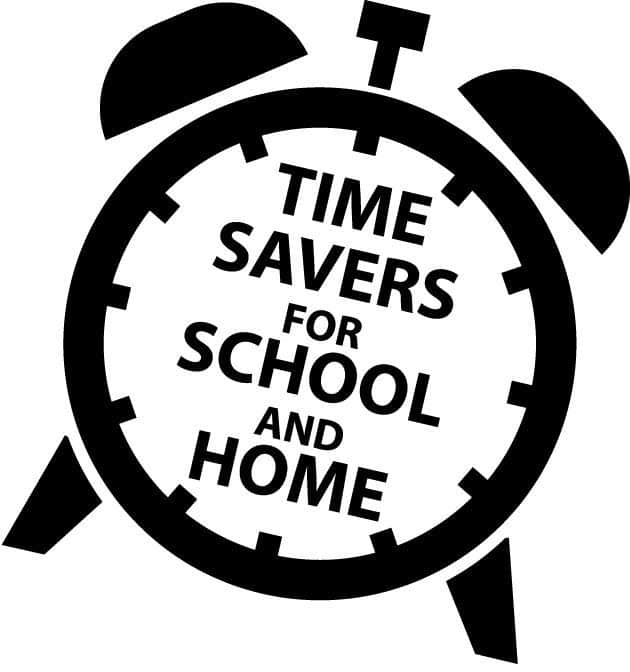
Tips, Strategies, Time Savers and Inspiration to help make difference for a child with an ASD in your class, home or community.
Nighttime Toileting/Bedwetting
Nighttime Toileting/Bedwetting Subscribe to this podcast via your favourite app Join my newsletter for more awesome information about ASDNocturnal enuresis is involuntary urination while asleep. This can be very challenging for kids with autism, and their families and carers. Most kids aren’t able to stay dry through the night until they’re 5 or older because their bladders are too small, they lack muscle control, or they sleep too soundly to sense when their bladders are full. The best thing for you and your family to do would be to try to tackle nighttime toileting. However, I am aware that some of you have tried everything available and had no luck. I have put some bedding strategies below to try and make it slightly more manageable. Over the years I have found that nighttime toileting and sleep issues are often interconnected, so I have put some strategies for sleep below. PLEASE remember that a combination of strategies is often the best way forward!I recently received this...
Learning Through Play
Learning Through PlayIt is through play that young children learn about and make sense of the world. They experiment with being a Mum or Dad as they act out what they have observed in daily life, e.g. feeding the baby and going to the shops. As these children play they develop their cognitive and motor skills, increase their communication and social ability and above all have fun. Play for young children with autism is frequently centered on repetitive actions, e.g. spinning car wheelsrather than pushing the car, lining blocks up rather than building towers. They don’t seem to know how to do what comes instinctively to other children. A young child with autism needs to be taught how to play step by step. Be dramatic as you play with your child in order to attract and maintain their attention. Add to the richness of the play by making noises, e.g. ball going down (wheee) doll crying (waa), car horn (beep, beep).Start with simple cause and effect toys that give lots of feedback for...
Using Special Interests to Motivate and Engage Students
Using Special Interests to Motivate and Engage Students Subscribe to this podcast via your favourite app Join my newsletter for more awesome information about ASD Special interests, fixations and self-stimulation are often a very important part of life for someone with autism. They are usually their only form of relaxation and down time. Special interests and fixations often give the child something they can control and is predictable to them, bringing order to their world. Special interests can include drawing, Lego, Minecraft, Music, YouTube and so much more. Self-stimulation can be more sensory based like rocking, hand flapping, twirling, vocal stimming and more. If you are unsure what their special interest or self-stimulation is, watch what the child is doing when they are left alone. These can often be quite bizarre – over the years I have seen collecting bottle tops, filtering tan bark, fans, lights, light bulbs and vacuum cleaners.It is very important that we have in place...
A Podcast From Me to You!
A podcast from me to you! Subscribe to this podcast via your favourite app Join my newsletter for more awesome information about ASD I have started my very own podcast ‘The Sue Larkey Podcast’. I have over 32 episodes and we have had 80,000 downloads! You can listen to my podcast on Spotify, iTunes, Stitcher and any podcast app you use! It is also available in Auslan.I create a podcast each week, on a different topic ranging from toileting tips to strategies for camps and excursions. The podcast episodes are ½ hour long filled with strategies, resources and personal stories. I personally think they are a fantastic way to learn, you can put them on during your commute into work, whilst you are cleaning or go for a walk and listen.I am unashamedly passionate about my mission – to inspire parents and educators and teach them how to Make it a Success, and I hope my podcast can be an accessible way to spread the message. Please take a moment to rate the...
Puberty: Preparing for Success at Home and School
PUBERTY: Preparing for Success at Home and School Subscribe to this podcast via your favourite appJoin my newsletter for more awesome information about ASD Puberty is part of natural development for all children. Puberty usually starts in girls around 10-11 and boys 11-12. Menstruation for girls typically occurs between 12 and 13, while voice changes for boys is often around 15. We ALL need to have on-going discussions with the child and this is where having both home and school helping the child’s understanding is vital. Boys and girls need to know about their changes and changes in the opposite sex too (particularly, if they have opposite sex siblings or are at co-ed schools). It is important to start sharing this information with them before the changes occur otherwise the children may worry that something is wrong with them. I know some parents who talk about the changes before they happen and then as they happen their children tell them and they celebrate! Open, honest and...
Slow Processing Speed
Slow Processing Speed Subscribe to this podcast via your favourite app Join my newsletter for more awesome information about ASD This child might have slow processing speed. This means they may have difficulty remembering instructions in the classroom or retaining important details for an assignment or exam. These children are often labelled “dumb” or “lazy” when they are often very intelligent, but don’t process information as quickly as their classmates. This can lead to anxiety as it impacts on their ability to engage in learning. So it is important to put in place accommodations so they don’t feel like they are struggling. Understanding the link between anxiety and slow processing speed helps you to best support the child and for the child to know why they may take longer than their peers. Processing speed is like a muscle and becomes stronger with repetition. Memory experiments can bea fun and enjoyable way to increase processing speed! Classroom Modifications To Help...
50/50 Learning and Behaviour Programs
50/50 LEARNING AND BEHAVIOUR PROGRAMS Subscribe to this podcast via your favourite appJoin my newsletter for more awesome information about ASD It is very important when developing a behaviour program that you put in place two types of strategies: Strategies for the ADULTS to use to manage the students behaviour Strategies for the CHILD to manage THEIR OWN behaviour HOW TO USE THE 50/50 PROGRAM You will need to use a combination of strategies and while at first it may feel like YOU are doing all the work as the student learns to work with what you provide, you will do less and less and eventually move to a 50/50 approach. This is where 50% of the strategies are by the adult and 50% by the student. Children on the spectrum need to be 'taught' to use a combination of strategies. I have seen many examples over the years where people put in place a strategy and just expect the child to understand how to use it or what it means. One of the key elements of a 50/50 program is teaching...
Complete Sue Larkey July 2019 Newsletter
What you will learnImportance of Learning Through Play pg 2Ideas Support & Teach Play pg 311 Common Signs of Sensory Processing Disorder or Difficulties pg 5Top 10 Calming Activities & Top 10 Alerting Activities pg 6Using Special Interests to Motivate & Engage Students pg 8Puberty : Preparing for Success at Home & School pg 12How to Recognise Slow Processing Speed pg 1625 + Top Tips to Support Kids with Slow Processing Speed pg 17 -18My NEW Facebook Support group for Parent/Carers pg 8 Online Coures - Term 3 Courses OPEN soon pg 37Dr Tony Attwood - 12 Tips to Create an ASD Friendly Classroom pg 22Nighttime Toileting & Bedwetting - Ideas to Try pg 2516 Key Strategies for Sleep pg 27PODCAST - Most Popular Episodes & NEW Facebook Group for Podcast Listeners pg 2950/50 Learning & Behaviour Programs - What they are? What to do! pg 31Join me for Term 3 Online Courses or a Face to Face Workshop near you pg 27 & 38Recommended Sensory Tools pg...
Understanding Mental Health & ASD
UNDERSTANDING MENTAL HEALTH & ASD Subscribe to this podcast via your favourite app Join my newsletter for more awesome information about ASD Recognising and exploring the relationship between ASD and mental health difficulties is vital, so each can be addressed successfully. As Tony Attwood said “people with Asperger’s Syndrome appear especially vulnerable to feeling depressed, with about one in three adolescents and two out of three adults with Asperger’s Syndrome having experienced at least one episode of severe depression in their life”. (Page 10 of Exploring Depression, and Beating the Blues by Tony Attwood and Michelle Garnett). MENTAL HEALTH AND AUTISMTIPS FOR INDIVIDUALS ON THE AUTISM SPECTRUMBy Yenn Purkis (previously known as Jeanaette Purkis) UNDERSTANDING ALEXITHYMIA Many people on the Autism Spectrum have ‘Alexithymia’. Also known as emotion blindness. Essentially this means that they find it hard to understand what emotion they are experiencing. They might know...
Understanding Sensory Needs
UNDERSTANDING SENSORY NEEDS Subscribe to this podcast via your favourite app Join my newsletter for more awesome information about ASDMany children with ASD will be over or under reactive to sensory stimuli including touch, taste, smell, sound, sight and/or movement. By regulating the amount and intensity of stimulation it helps to keep the nervous system calm, organised and focused. Children can be under-aroused and sluggish one moment, and overwhelmed and anxious the next. Meeting sensory needs can include using sensory tools to regulate behaviour or adapting activities to reduce sensory stimulation. For example some children can sit for longer periods with a sensory tool/fidget tool. While other children may need clothing adaptations, e.g. socks with no overlocking for them to wear shoes and socks. Temple Grandin (an adult with ASD) advocates for awareness of different children having different sensory needs, she encapsulates this difference stating “One kid’s got sound...
Solutions & Strategies for Common Playground Behaviour
SOLUTIONS AND STRATEGIES FOR COMMON PLAYGROUND BEHAVIOURS Subscribe to this podcast via your favourite app Join my newsletter for more awesome information about ASD Join the facebook group specifically for this podcast - https://www.facebook.com/groups/suelarkeypodcastcommunity/ The playground is often an extremely confusing environment for children on the spectrum. Playgrounds can be overwhelming in many ways; socially, sensorially and behaviourally. Children with ASD, ADHD,ODD often desperately want friends and to play with other children but don’t have the skills required. This can result in them getting in trouble for behaviour, becoming socially isolated, bullied or unable to maintain friendships. To overcome this, it is important schools implement proactive strategies to support students to engage appropriately in the playground. These can include: Using social scripts (download how to write and use social scripts here) Setting up playground clubs and activities Having...
Using Communication Temptations to Motivate Communication
USING COMMUNICATION TEMPTATIONS TO MOTIVATE COMMUNICATION Subscribe to this podcast via your favourite appJoin my newsletter for more awesome information about ASD Many children with ASD do not feel the need or motivated to communicate as everyone in their environment thinks for them, gives them what they want or even anticipates their needs. When you create a communication programme it is VITAL you create as many opportunities as possible for the child to communicate. Start with activities that are particularly desirable or intriguing for your child are more likely to ‘tempt’ them or provide them with sufficient motivation to communicate with another person. Encourage verbal children to use their words or extend their word i.e. “Drink” to “I want drink” and non-verbal children to use visuals/signs/gesture to communicate. 12 Ideas to Provide Opportunities to Communicate * Remember if the child is nonverbal they will need a visual to ask for help. You need to make sure their...

